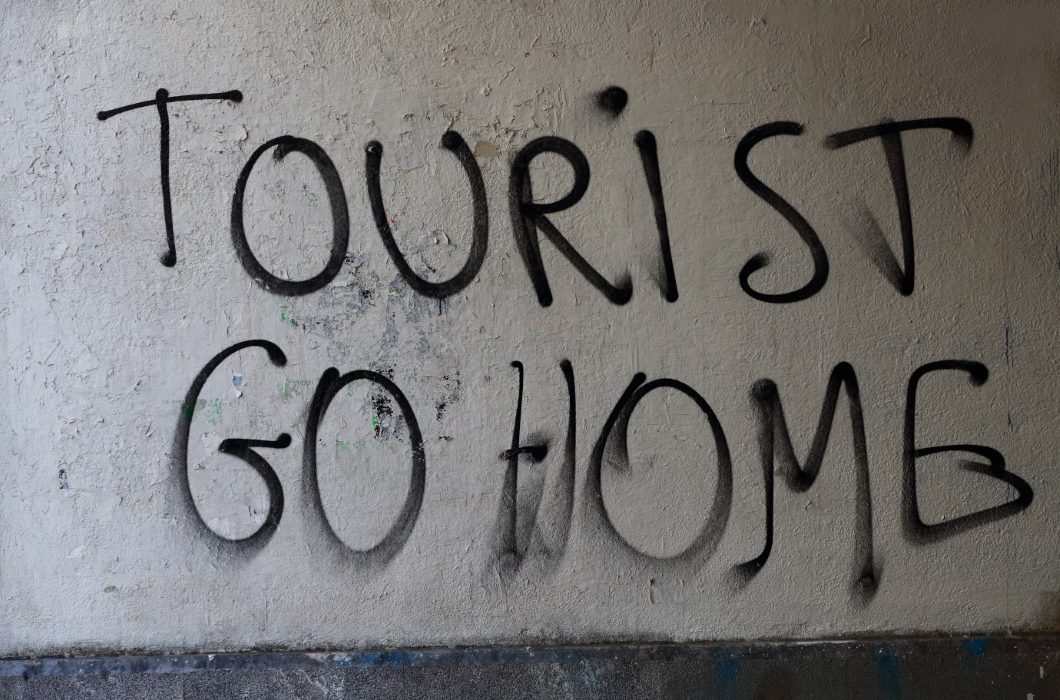
You might also like:
14 European cities, located mostly in Spain, have created a European network against mass tourism. The anti-tourism movement that rejects mass tourism is weaving a network to coordinate their actions and to condemn the excesses of activity in the cities.
Different organizations located in Barcelona, Venice, Malta, Málaga, Valencia, Palma and Lisbon, among other locations, have created the ‘SETNet’ network to put pressure on public administrations to change their tourism policies, as pointed out in their public statement.
Common Problems
The formal name of the platform is Network of Southern European Cities against Touristification, and in their initial statement, it says that their goal is to coerce governments to regulate tourism based on policies for social, economic and environmental sustainability.
This new anti-tourism network, as they pointed out in their rally in the city of Barcelona, recognizes that each city has its particular and specific conflicts, but they also inform that there are common problems among the cities with the largest tourist arrivals, in which the most important crisis is the decrease of the right to housing.
According to SETNet, tourism has also caused an “uncontrolled rise in prices” of properties in recent years.
Damages in Transport and Trade
The group also criticizes that the local trade is being transformed into a sale of “useless” items for the daily life of the inhabitants, and insists that in both squares and streets there is a “massification” (large groups of tourists) that hinders mobility and prevents residents from resting.
SETNet doesn’t address the issue of the economic income received by cities, or the renovations done to infrastructures that are undertaken to manage the tourist influx.
In their list of problems, they also add the “saturation” of the public transport network, the generation of pollution and waste, and the increasingly precarious working conditions of the population.
Alternatives to Replace Tourism
In summary, they state that in their cities there is a “banalization of both urban and natural environments, which have been turned into theme parks.”
When it comes to finding solutions, SETNet’s proposals include limiting the tourism industry, having different tax policies for housing and accommodations, and reducing this activity overall by introducing “other socially and environmentally fair economies”.
Source: tourism-review.com



